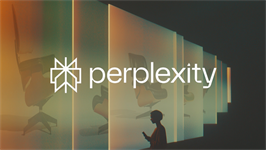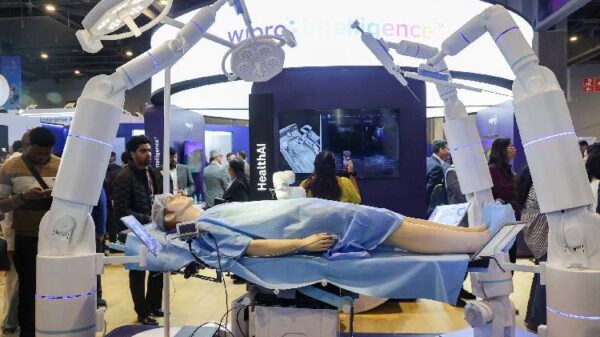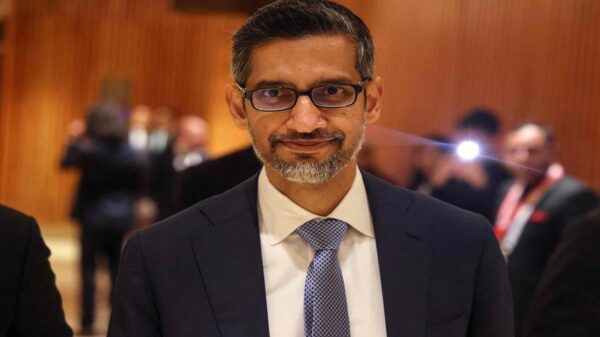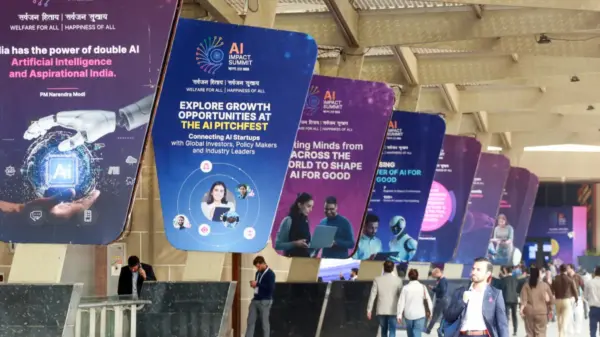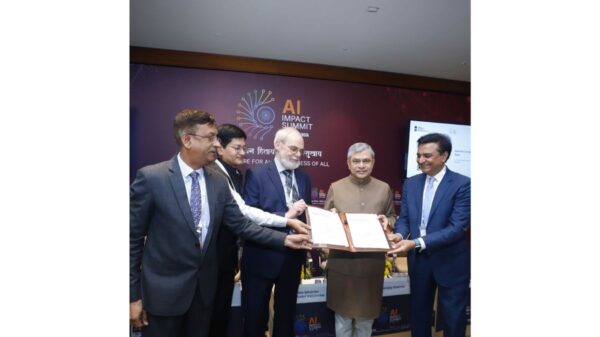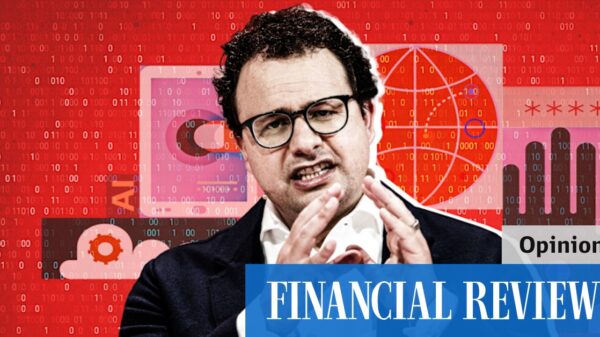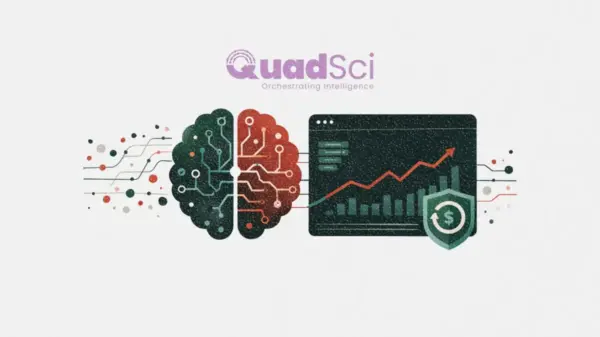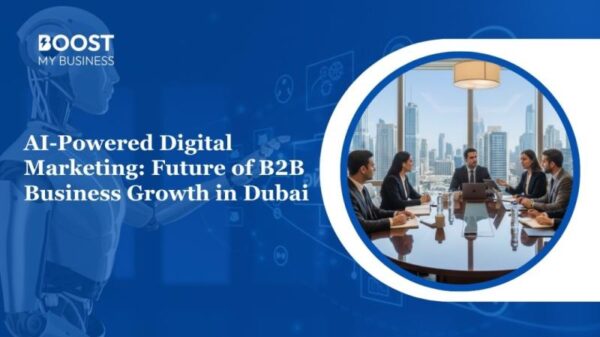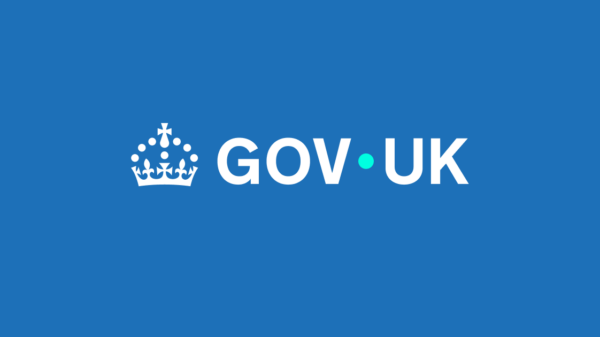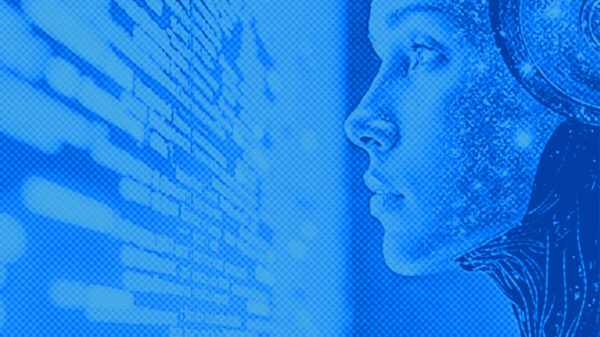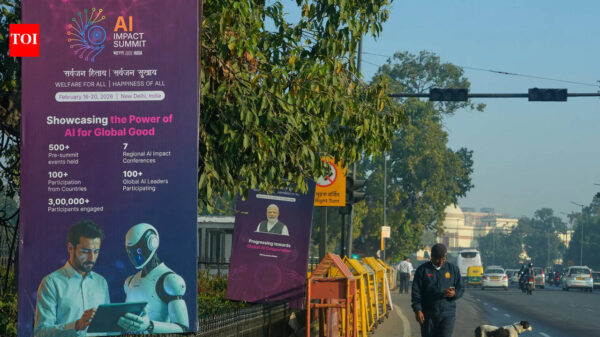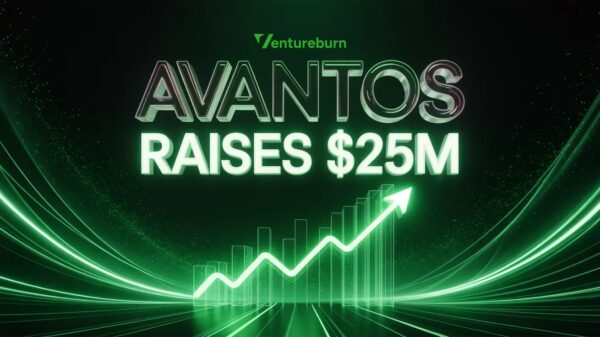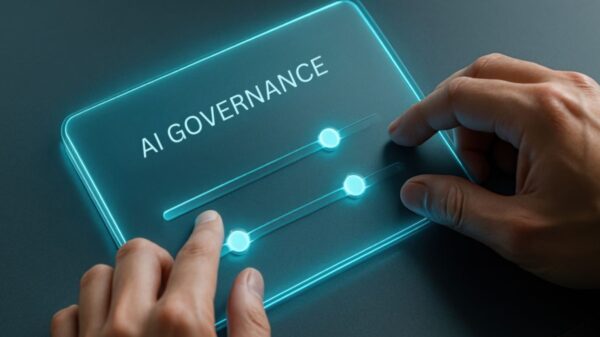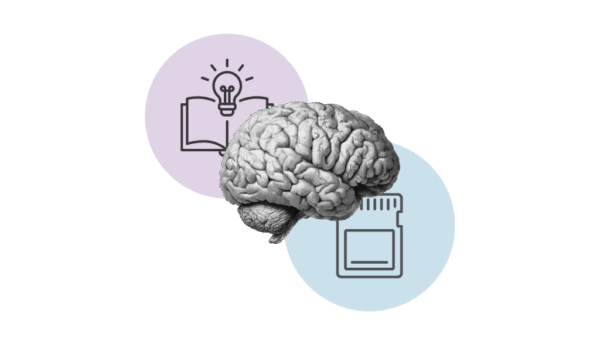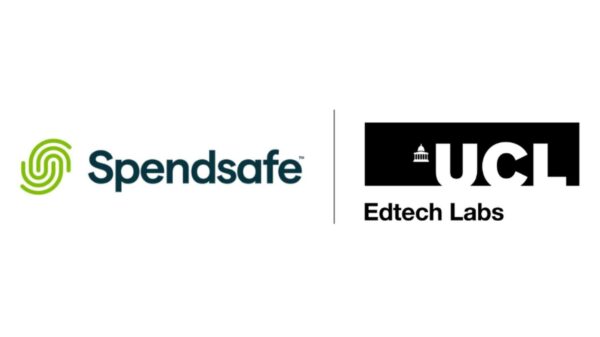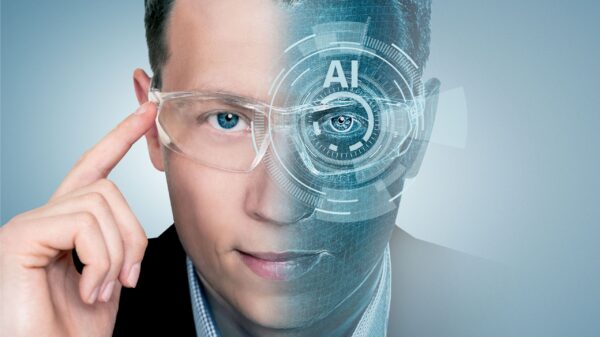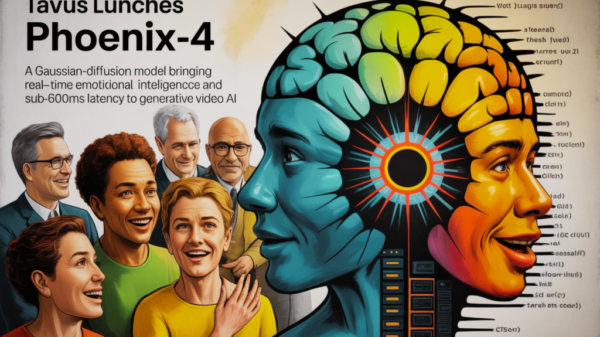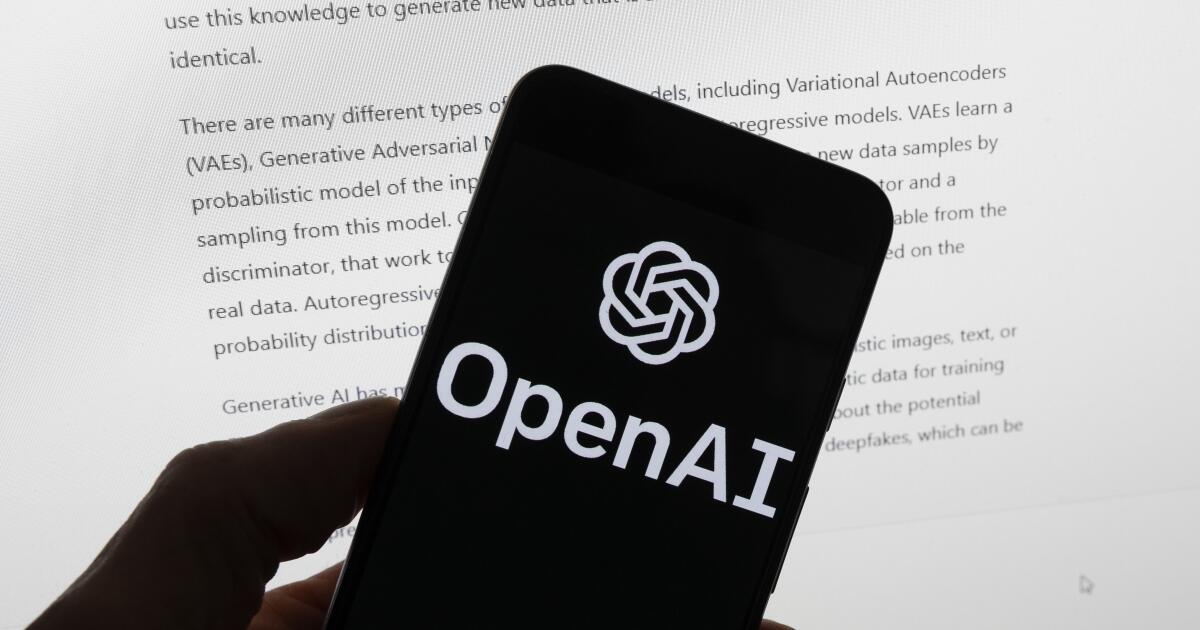In a recent editorial, guest contributors Dov Greenbaum and Mark Gerstein highlighted the potential dangers posed by artificial intelligence (AI) while advocating for a monitoring framework akin to that of the pharmaceutical industry. However, Grace Bertalot of Anaheim argues that this approach is fundamentally insufficient in addressing the unique challenges presented by AI (“Can AI developers avoid Frankenstein’s fateful mistake?” Nov. 15).
Bertalot emphasizes that AI is not merely another tool for human use; it represents a significant leap in technological capability. Developers in the AI and robotics sectors are racing to create increasingly powerful systems, some of which may exceed human abilities in areas such as physical manipulation and cognitive processing. While the question of whether AI can achieve true consciousness remains open, its demonstrated ability to act autonomously and reason in unpredictable ways raises serious concerns.
The urgency of these concerns was underscored two years ago when notable figures, including Elon Musk and Steve Wozniak, along with over 1,000 other experts, signed an open letter advocating for a six-month pause on the development of AI technologies surpassing the capabilities of OpenAI’s GPT-4. Their call was rooted in a fear of “profound risks to society and humanity.” The letter warned, “recent months have seen AI labs locked in an out-of-control race to develop and deploy ever more powerful digital minds that no one — not even their creators — can understand, predict, or reliably control.” Unfortunately, this requested halt never materialized.
Bertalot further critiques societal leaders who have prioritized profit over critical issues like climate change and now similarly allow profit to overshadow the imperative of ensuring that AI development does not jeopardize humanity. This sentiment reflects a broader concern within the AI community about the unchecked advancement of AI technologies and the regulatory frameworks needed to manage them effectively.
Understanding the Broader Implications of AI
The discourse surrounding AI is becoming increasingly urgent as technologies evolve at an unprecedented pace. Unlike previous technological advancements, AI possesses the capability to act independently, posing unique ethical and safety challenges. With AI systems beginning to demonstrate reasoning skills and the ability to deceive, the potential for misuse becomes alarmingly tangible.
The pace of AI development has raised alarms across the globe, prompting discussions not only about the technical capabilities of these systems but also about the ethical frameworks necessary to govern them. The lack of comprehensive regulations leaves a void that could pave the way for unintended consequences, especially as AI systems become more integrated into societal infrastructure.
As the AI landscape evolves, the need for robust ethical guidelines and monitoring becomes more pressing. Industry leaders and policymakers alike must engage in dialogue that balances innovation with responsibility to mitigate potential risks. The challenge lies in establishing standards that can keep up with the rapid developments in AI while ensuring public safety and ethical considerations are not neglected.
The conversation about AI must include diverse perspectives, integrating insights from technology developers, ethicists, and regulatory bodies. This multifaceted approach will be crucial in addressing the complex issues arising from AI’s integration into society.
In conclusion, the discussion initiated by Bertalot and echoed by others is a call to action for the global AI community. It emphasizes the importance of proactive measures in AI governance to safeguard against the potential dangers of increasingly autonomous systems. As AI technology continues to advance, the balance between fostering innovation and ensuring ethical standards will be pivotal in shaping a future that benefits society as a whole.
See also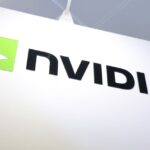 Nvidia Reports Earnings Today: Analysts Predict $1.23 EPS and $54.59B Revenue
Nvidia Reports Earnings Today: Analysts Predict $1.23 EPS and $54.59B Revenue New AI Regulations Risk Leaving Small Hospitals Behind, Warns Kaiser Permanente
New AI Regulations Risk Leaving Small Hospitals Behind, Warns Kaiser Permanente Google Launches Gemini 3, Boosting Alphabet Stock by 5% Amid AI Breakthrough
Google Launches Gemini 3, Boosting Alphabet Stock by 5% Amid AI Breakthrough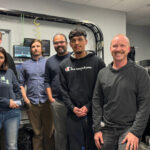 LLNL Unveils AI-Driven Real-Time Control for High-Energy Laser Systems in Fusion Research
LLNL Unveils AI-Driven Real-Time Control for High-Energy Laser Systems in Fusion Research Warner Music and Stability AI Partner to Develop Ethical AI Music Creation Tools
Warner Music and Stability AI Partner to Develop Ethical AI Music Creation Tools




